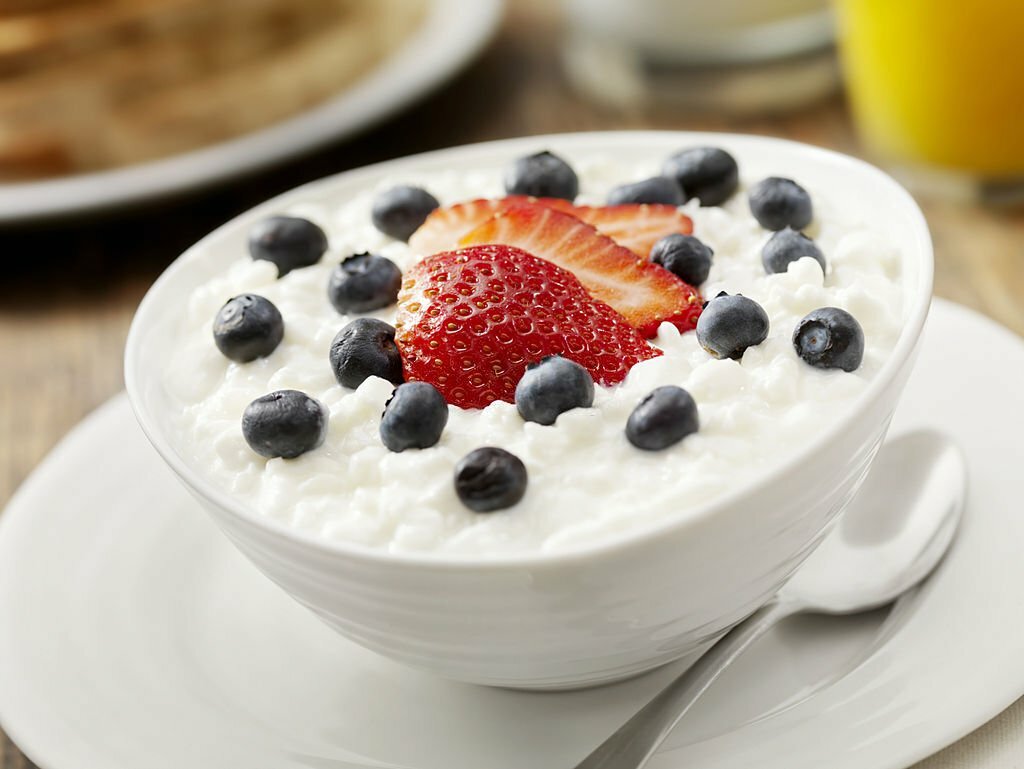Cheese curds, those delectable nuggets of dairy goodness, are often associated with indulgence and comfort food. However, what may surprise many is that these little morsels boast a range of health benefits beyond their irresistible taste. In this blog post, we’ll delve into the nutritional profile of cheese curds and explore how this seemingly indulgent snack can contribute to a well-rounded and healthy diet.
Unveiling the Nutritional Powerhouse of Cheese Curds
Cheese curds may be small, but they pack a punch when it comes to essential nutrients. Let’s break down the nutritional profile of these delightful dairy treats:
Rich in Protein
Cheese curds are a powerhouse of high-quality protein, boasting an impressive nutritional profile that extends beyond their delightful taste. Here’s why they stand out as a protein-rich snack:
- Complete Protein Source: Cheese curds contain all the essential amino acids, making them a complete protein source. This is particularly beneficial for individuals who follow vegetarian or plant-based diets, ensuring they receive a comprehensive range of amino acids necessary for various bodily functions.
- Muscle Repair and Maintenance: The protein in cheese curds plays a crucial role in muscle repair and maintenance. Whether you’re an athlete recovering from a workout or an individual looking to support overall muscle health, the protein content in cheese curds contributes to these essential processes.
- Satiety and Weight Management: Including cheese curds in your diet can promote a sense of fullness and satiety, making them an ideal snack for curbing hunger between meals. This characteristic can be particularly beneficial for those looking to manage their weight by avoiding excessive snacking on less nutritious options.
- Energy Boost: Protein is an essential component for the production of energy in the body. Cheese curds provide a sustained release of energy, making them a smart choice for those seeking a nutritious and energizing snack to power through their day.
- Metabolism Support: The protein in cheese curds also plays a role in supporting a healthy metabolism. Adequate protein intake can help boost the thermic effect of food, contributing to the calories burned during digestion and metabolism.
If you’re eager to experience the goodness of protein-packed cheese curds, you can explore an array of options at Gardner’s Wisconsin Cheese.


The Role of Cheese Curds in a Balanced Diet
Beyond their nutritional content, cheese curds can play a crucial role in achieving and maintaining a balanced and wholesome diet. Here’s how:
Portion Control and Mindful Snacking
- Cheese curds come in convenient bite-sized pieces, making them easy to control regarding portion size.
- Practicing mindful snacking with cheese curds allows you to savor the flavor without overindulging, promoting a healthier approach to treating yourself.
A Source of Healthy Fats
- While moderation is key, the fats present in cheese curds include a mix of saturated and unsaturated fats.
- Including moderate amounts of these healthy fats in your diet can contribute to overall well-being, supporting brain health and hormone production.
Versatility in Culinary Delight
- Cheese curds aren’t just for snacking—they can elevate a variety of dishes.
- From salads to omelets, incorporating cheese curds into your meals adds flavor, texture, and a nutritional boost.
Addressing Common Misconceptions
Despite their nutritional benefits, cheese curds have often been viewed with skepticism due to misconceptions about dairy products. Let’s debunk a few myths:
Concerns About Fat Content
- While cheese curds do contain fats, not all fats are created equal. The presence of healthy fats, in moderation, can be part of a balanced diet.
Lactose Intolerance and Digestibility
- Some individuals who are lactose intolerant may find that they can tolerate cheese curds better than other dairy products. The fermentation process involved in cheese-making reduces lactose content.
Sodium Content
- It’s true that some cheese curds can be high in sodium. Opting for low-sodium varieties and being mindful of overall sodium intake can help address this concern.
Conclusion
In conclusion, cheese curds offer a delightful intersection of flavor and nutrition. From being a protein powerhouse to supporting bone health and providing essential vitamins, these bite-sized wonders can be a valuable addition to your health and wellness journey. The key, as with any food, is moderation and mindful consumption. So, the next time you reach for a handful of these curds, savor the moment, knowing that you’re not just indulging your taste buds but also nourishing your body in surprising and healthful ways.







